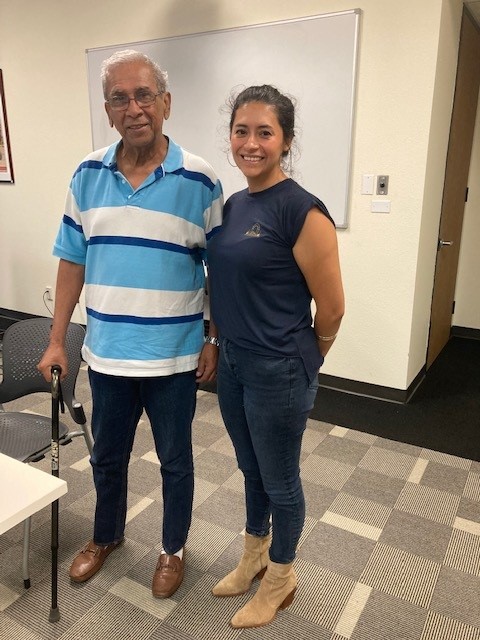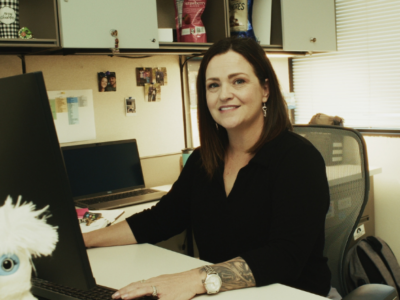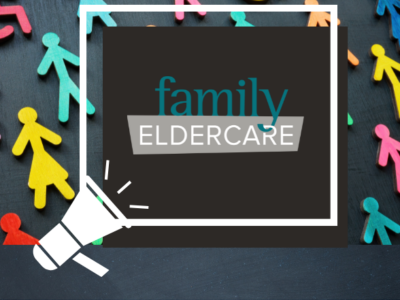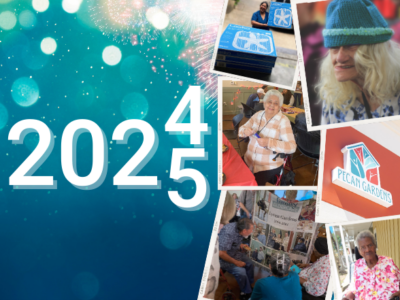For many immigrants, barriers exist that prevent financial and housing stability
Jaime is a Rapid Rehousing client at Family Eldercare. He is an immigrant who has been a permanent resident since his early thirties and has spent decades paying Social Security taxes out of his wages. Without a doubt, Jaime qualifies for Social Security benefits. However, he has one barrier preventing him from accessing those benefits — a permanent residency card needs to be presented at the time of application and Jaime’s permanent residency card was recently discarded by his old roommates.

Just like United States citizens, green card holders or permanent residents are eligible for Social Security benefits (retirement and disability). To begin collecting retirement benefits, permanent residents must have earned forty work credits, or the equivalent of ten years of work, and be at least sixty-five years old.
Jaime was born and raised in Costa Rica. When he was 32, he fell in love with a woman from the United States. They soon married and moved to Texas with the hope of living the American dream. Jaime was able to secure permanent residency as a United States citizen and start a life with the woman he loved dearly. After a few years, his wife began to physically abuse Jaime to the point that the two divorced and discontinued all communication. With no friends or family to turn to, Jaime began a life journey on his own with few resources.
Through the Texas Workforce Commission, Jaime was able to take on many contract jobs that provided him with dignified living. He went on to work across the United States and enjoyed his time traveling to visit new places.
“Getting my permanent residency card means getting my independence back. I’ll have options again and that’s what I’m looking forward to the most!”
In 2001, Jaime began what would become a long and painful journey of various medical complications. In 2021, he developed cancer and had to undergo surgeries that left him hospitalized for months. Unable to bring in an income during this period, his roommates threw out all his belongings including vital documents like his ID, passport, and permanent residency card.
When Jaime was finally discharged from the hospital, he was not able to walk or work. Jaime no longer had an income or a place to call home. And now without any way to verify his identity, Jaime was not able to access the benefits like social security that he spent his whole life working toward. The hospital decided to send Jaime to Austin’s Protective Lodging, a motel bought by the city to protect unhoused Austinites from COVID-19.
Fortunately, outreach workers were able to get a referral to Family Eldercare where Jaime met his Rapid Rehousing caseworker, Fela. The two quickly went to work where they were able to house Jaime at Northgate Hills and most recently at Dryfield apartments.
Though Jaime found success with his housing situation, obtaining his vital documents was a different story. More than a year ago, Jaime and Fela met with Catholic Charities of Central Texas who provide the free immigration legal services needed to help Jaime obtain his permanent residency card. The process could take anywhere from 2 months to 2 years, but first Jaime needed to obtain his ID and passport. To obtain these documents, Jaime and Fela would have to work with the Consulates of Costa Rica located in Houston, Texas. It was only a few months ago that the two were able to secure an appointment and drive up to Houston to obtain Jaime’s ID. This step was vital in being able to qualify for Jaime’s passport to be mailed to him, which finally happened a few weeks ago. In an interview with Fela, she said, “This is only the first step to get Jaime in with Catholic Charities. Now we can finally open a case and work towards obtaining Jaime’s permanent residency card. Once we have that, we can begin to apply for the benefits that Jaime has worked so hard for.”
Jaime’s excitement radiated as we talked about being so close to the finish line. When asked if he had any concluding thoughts Jaime shared, “Getting my permanent residency card means getting my independence back. I’ll have options again and that is what I am looking forward to the most!”


